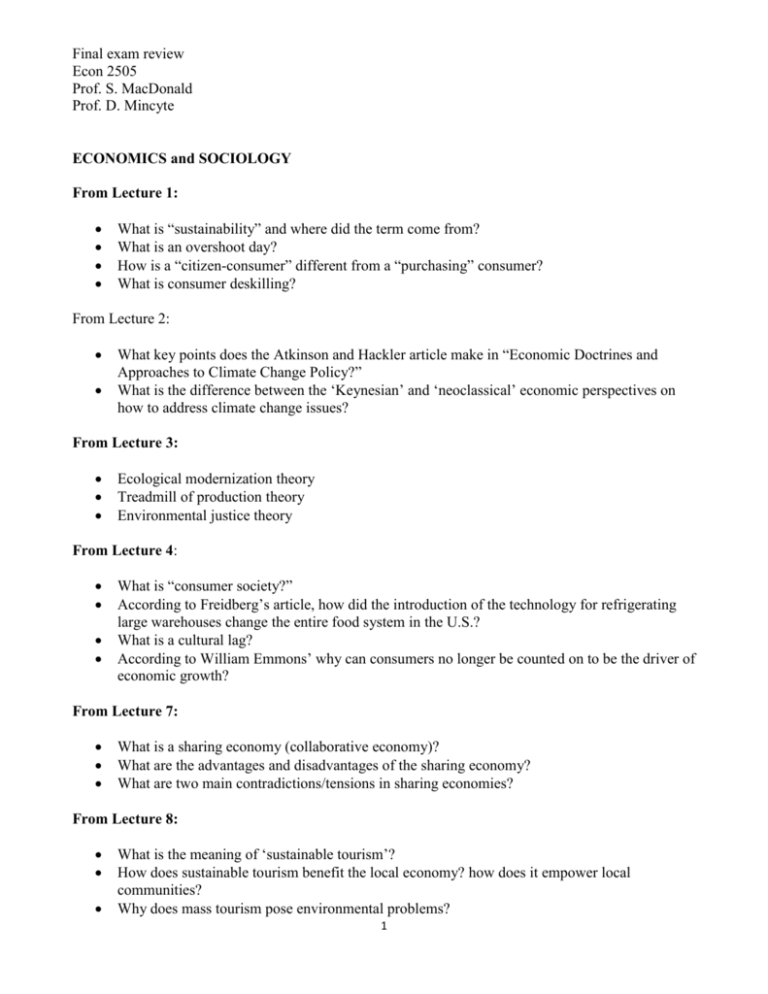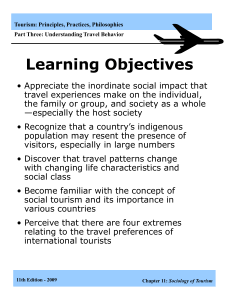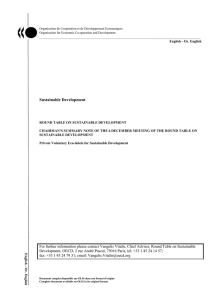Final-exam-study guide
advertisement

Final exam review Econ 2505 Prof. S. MacDonald Prof. D. Mincyte ECONOMICS and SOCIOLOGY From Lecture 1: What is “sustainability” and where did the term come from? What is an overshoot day? How is a “citizen-consumer” different from a “purchasing” consumer? What is consumer deskilling? From Lecture 2: What key points does the Atkinson and Hackler article make in “Economic Doctrines and Approaches to Climate Change Policy?” What is the difference between the ‘Keynesian’ and ‘neoclassical’ economic perspectives on how to address climate change issues? From Lecture 3: Ecological modernization theory Treadmill of production theory Environmental justice theory From Lecture 4: What is “consumer society?” According to Freidberg’s article, how did the introduction of the technology for refrigerating large warehouses change the entire food system in the U.S.? What is a cultural lag? According to William Emmons’ why can consumers no longer be counted on to be the driver of economic growth? From Lecture 7: What is a sharing economy (collaborative economy)? What are the advantages and disadvantages of the sharing economy? What are two main contradictions/tensions in sharing economies? From Lecture 8: What is the meaning of ‘sustainable tourism’? How does sustainable tourism benefit the local economy? how does it empower local communities? Why does mass tourism pose environmental problems? 1 According to Cornella Dean in the article“A Vision Faces an Environmental Test” why is it necessary to involve all participants in the local community in creating meaningful alternatives to mass tourism? How is the community of Miches in the Dominican Republic an example of that effort? From Week 9: Discuss three key pieces of new information you gained from the filed-based research you conducted for this class and for your final project. How specifically has the research project enhanced or added to your knowledge in your major field of study? Identify any of the topics – in Economics, Sociology or both - covered in this class have contributed to your knowledge/perspective in your major field of study. Explain specifically how they have enhanced your knowledge in your field/major. From Lecture 10: What is the metabolic rift? What is alienation? List four types. Why is urban farming considered a solution to the metabolic rift? What is a double-move theory? What is citizen-science? From Lecture 11 What is direct, indirect and induced job creation? What are the environmental and cultural features and appeal of the “Big U” project? In what ways can this project serve as a model for future projects that incorporate the natural environment in constructing protective barriers? From Lecture 12 What is eco-labelling? What are the key features of eco-labelling? What are the main critiques of eco-labelling? How can you build a trusted eco-label? List three types of eco-labels. Explain and provide examples. From Lecture 13 What is peak oil? What is energy revolution and what are its consequences? What is energy security? List 3 aspects. What is energy sovereignty and how is different from energy security? What are the negative effects of fracking on education in local communities as discussed in Schafft’s article? List at least 5. 2 3





